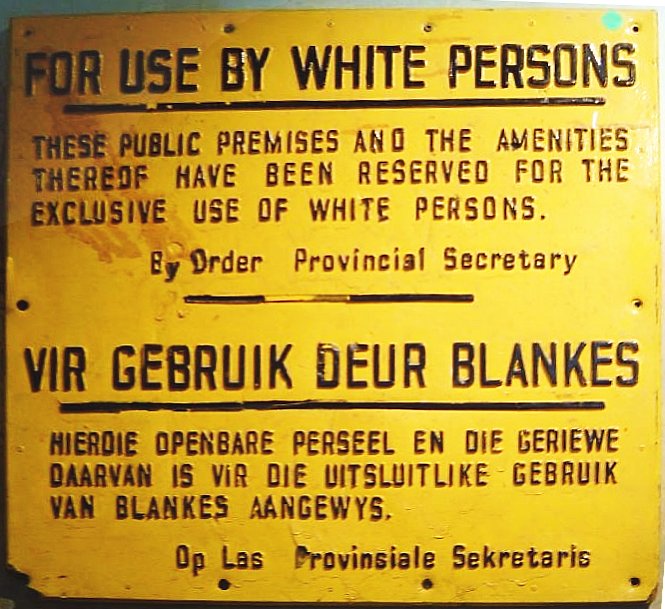[Note from Kathie MM: Today, in honor of Ramadan, which is being celebrated this month by Muslims around the world, we are proud to present another case study in moral engagement—in this instance by our young poet/activist contributor, San’aa Sultan. Ramadan Mubarak.]

I’m San’aa Sultan, a peace activist, a writer, a poet and an artist but most importantly a human being. Being human means that I feel the pain of those around me suffering and that I cannot close my eyes to the pain nor can I silently submit to a system and a world where injustice is normal.
I’m a poet and my words are inspired by the struggles of those whose names, faces and voices we do not know or value. I write because I feel it is my duty to give a voice to those who have been silenced.
I tie myself closely to the struggles of Palestine and Kashmir because I don’t understand how over 60 years later we still speak of the same struggles and still watch the same people live under such harsh conditions and do not speak against any of it.
I run a blog called “Today In Kashmir” to highlight the suffering of those in Indian Occupied Kashmir and I’m also involved in prisoner support work with the Ministry of Detainees in Gaza. Through this, a sister from Gaza and I have set up a Facebook page called “Support Palestinian Detainees and Their Families” with the intention to globalise the stories of those detained by Israel.
I was suffering from many personal losses when my activism begun and in May 2010 when the Mavi Marmara was attacked by the Israel Defense Forces in international waters, I could no longer remain silent. Our struggle became one.


